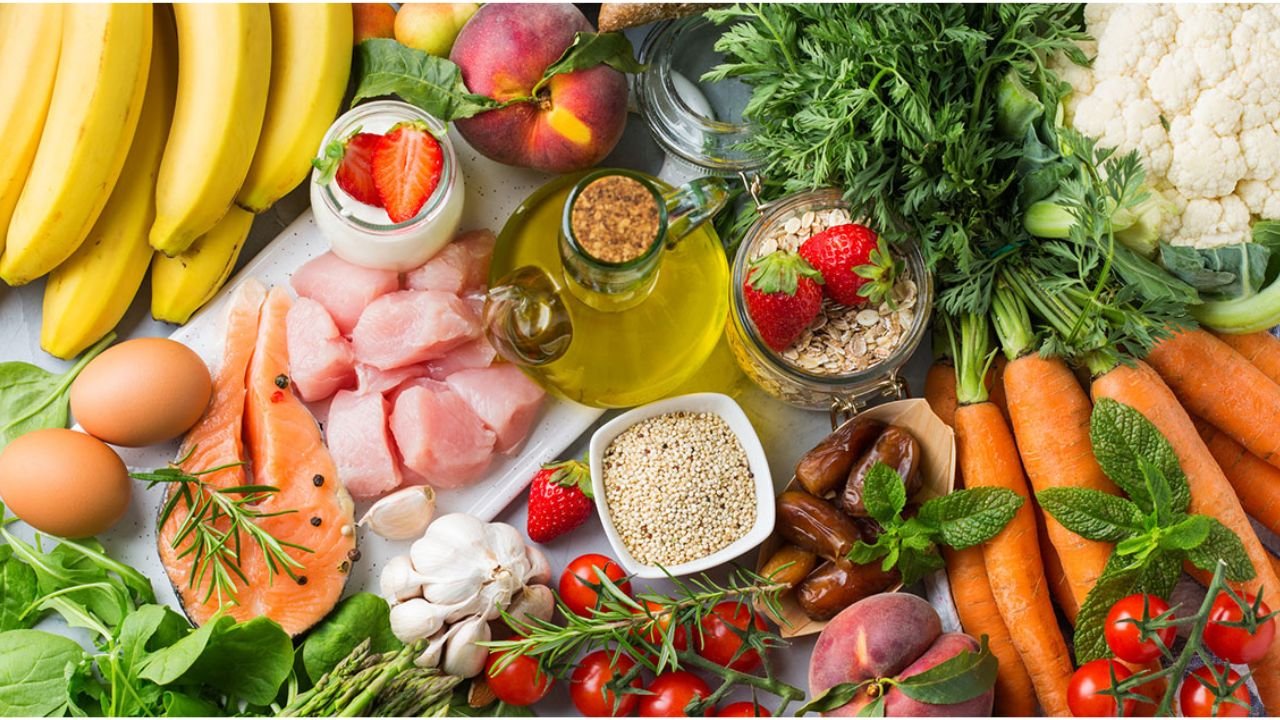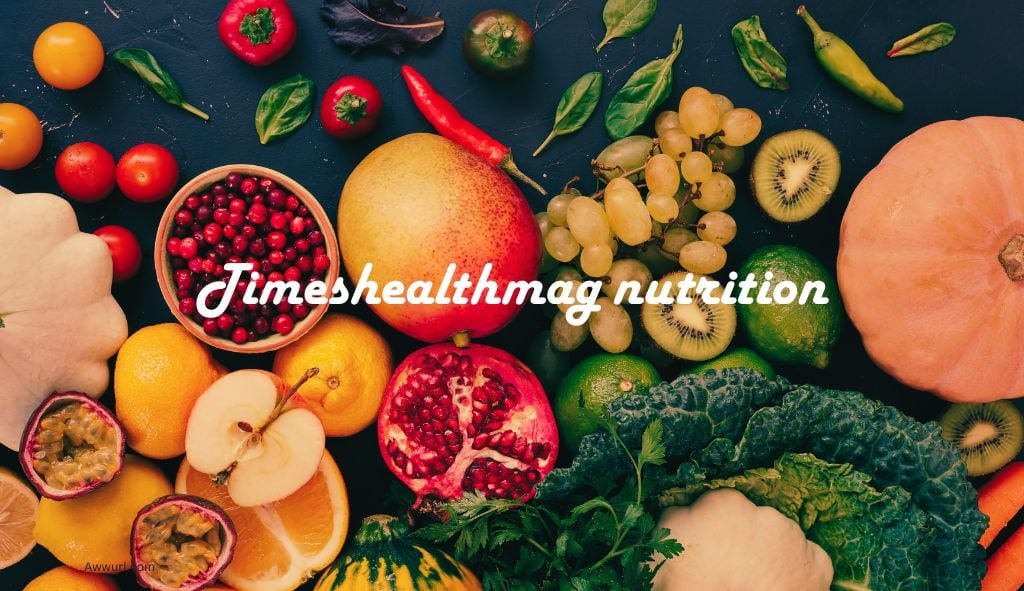Nutrition is a crucial aspect of cancer management that many patients and their families often overlook. Certain cancer treatments can significantly affect a patient’s ability to eat during their treatment journey. For some, this impact may last only a short time; however, it persists throughout their treatment.
Among different cancer treatments, chemotherapy is found to have a significant impact on the patient’s ability to eat. In this article, we discuss some helpful diet tips for chemotherapy patients, the best and worst foods during chemotherapy, and why it is important to consider nutritional counseling during cancer treatment.
Diet Tips for Chemotherapy Patients
Here are some helpful tips for chemotherapy patients that can help them meet their nutritional needs.
1. Have Smaller but Multiple Meals: Reduced appetite, nausea, and vomiting are common side effects of chemotherapy, and in such cases, patients can go for 6-7 smaller meals a day instead of 3 large meals. This helps patients consume required calories and nutrients without developing an aversion to food.
2. Consume Well-Cooked Foods: Eating uncooked foods or drinking unpasteurized milk during this period can increase the risk of various infections for patients. Therefore, chemotherapy patients should always consume well-cooked foods.
3. Eat Blander Foods and Snacks: Consuming strongly flavored foods can trigger nausea and vomiting in chemotherapy patients. Therefore, it is necessary to consume bland foods for easy digestion and absorption and fewer challenges.
4. Plan Your Calorie Consumption: Throughout the chemotherapy journey, it is normal for patients to feel better on some days and not so great on other days. In this case, patients may consume as much nutrients as possible on the days they feel better. This helps them prevent severe muscle loss, maintain energy levels, and ensure that they get sufficient calories.
5. Try to Drink Your Nutrients: Eating solid foods can be challenging for some chemotherapy patients because of mouth sores, dry mouth, metallic taste in the mouth, and more. In such cases, they can consume their nutrients in a beverage form. 100% fruit and vegetable juices, smoothies, soups, broths, milk, and more can help patients receive necessary nutrients, stay hydrated, and naturally replace fluid levels in the body.
Superfoods for Chemotherapy Patients
Whole foods are extremely helpful for chemotherapy patients. The following are some of the superfoods that chemotherapy patients can include in their diet:
- Fruits and Vegetables: Thoroughly washed fruits and vegetables can replenish the energy levels. The fibers present in fruits and vegetables can help prevent constipation and the severity of diarrhea.
- Lean Proteins: Adequate protein intake is necessary to preserve muscle mass, support tissue healing, and improve immune system functioning. Lentils, eggs, chicken, fish, cottage cheese, and tofu are some of the common lean protein sources.
- Healthy Fats: Consuming healthy fats can improve energy levels, reduce inflammation, and promote overall health in chemotherapy patients. Nuts and seeds are excellent sources of healthy fats.
- Carbohydrates: Foods like oatmeal, rice, pasta, rice crackers, mashed potatoes, etc. can help meet caloric needs and maintain energy levels during the treatment.
Food Pitfalls to Avoid During Chemotherapy
The following are some of the foods to avoid while undergoing chemotherapy:
- Avoid consuming strongly flavored and spicy foods, highly processed foods, unwashed fruits and vegetables, and uncooked foods.
- Consuming foods in unhealthy portion sizes can increase the risk of nausea and vomiting.
- Chemotherapy patients should never skip their meals, as it can lead to a decline in energy levels and make coping with cancer treatments difficult.
Importance of Nutritional Counseling During Cancer Treatment
Those undergoing cancer treatment will have different nutritional demands than those of healthy individuals. Personalized nutritional counseling can go a long way in helping chemotherapy patients understand their nutritional needs and meet them with fewer challenges.
The following are the key advantages of nutritional counseling during cancer treatment:
- Supporting treatment and maintaining food health through personalized dietary recommendations
- Managing side effects associated with different cancer treatments, including chemotherapy
- Preventing potential side effects associated with cancer treatments
- Promoting healthy eating habits that are going to help cancer patients in the long run, even after they complete their treatment



